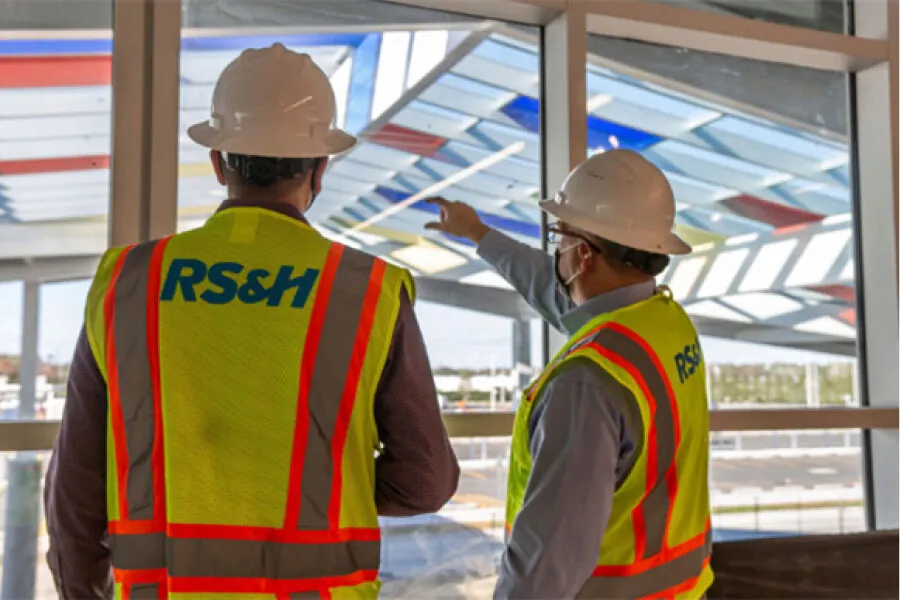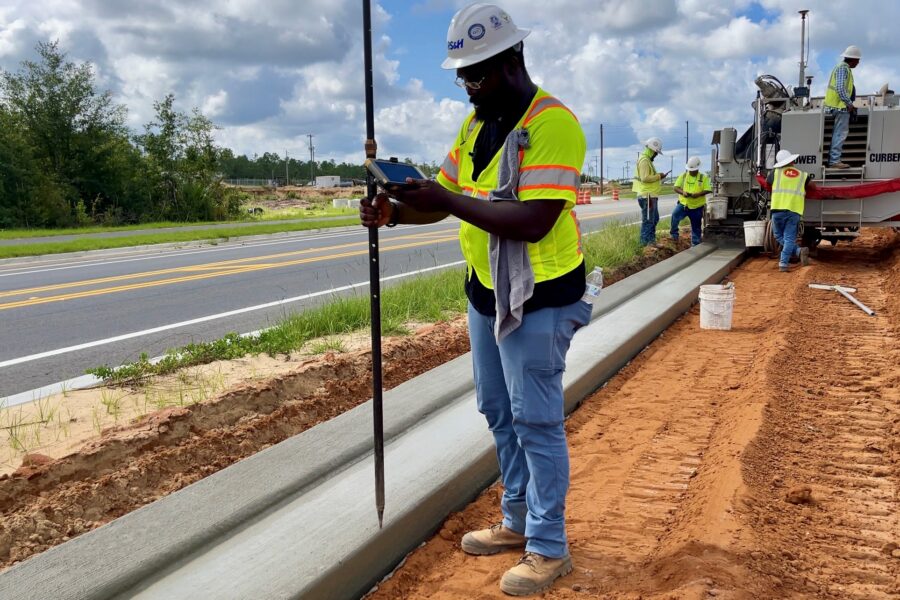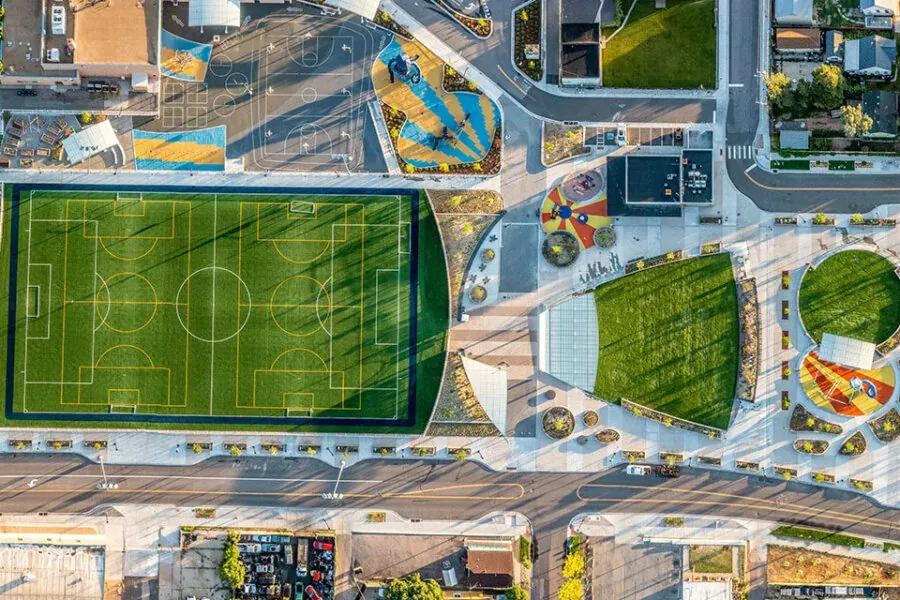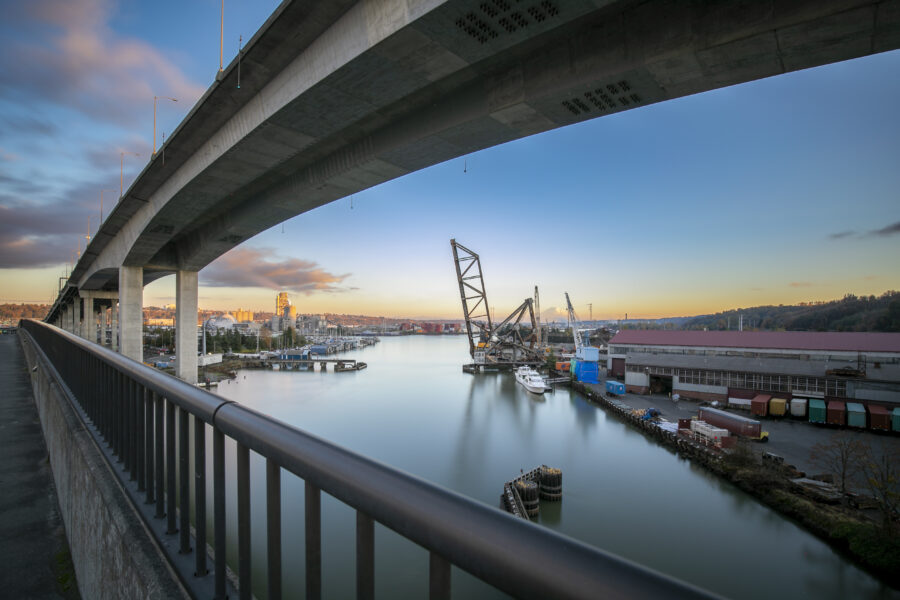Valuable Insights from Implementing Progressive Design-Build

Progressive design-build (PDB) delivery provides an excellent option for owners who want to take advantage of the benefits of design-build while maintaining greater involvement in design decisions. This method has been the procurement method of choice in the water/wastewater market however, PDB has lagged in other markets until recently.
What is Progressive Design-Build?
PDB is a procurement process that maintains owner engagement while also pulling the design-build team in as early as possible during the project development stage. The owner usually selects a design-build team based on qualifications, which is followed by a process whereby the owner and team “progress” together toward a design and contract price. The team then works with the owner under a cost-plus structured contract to develop the design based upon cost-effective project requirements that meet the budget.
The advantages of PDB include:
- Streamlined procurement, which facilitates early collaboration and benefits schedule
- More owner engagement during design development
- Transparency for the owner into the design-builder’s proposal cost
Staying true to our reputation, RS&H is at the forefront of PDB as it expands into markets beyond the water/wastewater market. Let’s take a look at five key insights we’ve uncovered through our experience implementing progressive design-build.
5 Key Insights Uncovered In Implementing Progressive Design-build:
1. Establish baseline knowledge and assumptions within the progressive design-build team and with the owner
It’s important for the owner and PDB team to fully understand the delivery method and how to effectively leverage its benefits. At each stage, discussions must take place to understand the team’s baseline knowledge and validate assumptions. The consistent utilization of page turns, discussing pros and cons, identifying impacts of decisions and offering recommendations are imperative throughout the project.
2. Know the project construction budget
Budget is always a factor in crucial design and construction decisions. However, there is a difference between a program budget and the actual construction budget. It is common to encounter confusion about the different types of budgets.
Generally speaking, the construction budget involves all costs accrued during the building process, including items such as labor, equipment, demolition, site preparation and more. Items not part of the construction budget typically include fixtures, furniture and equipment (FF&E).
The program budget includes soft costs, such as design fees (depending on the delivery method, included in PDB), survey fees, geotechnical costs, legal fees, permits and administrative expenses.
3. Select progressive design-build for the right reasons
One of the biggest challenges experienced in PDB projects is selecting PDB as a delivery method without knowing what problems PDB serves versus other delivery methods. As a consultant to the industry, one of the greatest things to offer is expert advice. Walking an owner through the multitude of delivery mechanisms and why one or the other may be better for an individual project is a key service to provide to clients.
4. Provide options and recommendations during design but limit the number of choices
Regardless of a project’s complexity or PDB team size, the choices involved in a PDB project can be overwhelming. To avoid endless design iterations and increased costs limit the number of choices by developing a few viable options that the team is confident will meet objectives for scope, budget, schedule and performance. Be prepared to help the owner understand each option and the team’s recommendation.
5. Prioritize leadership and communication skills in the project management team
PDB requires extensive up-front coordination, planning and rallying teams together to make decisions. In addition to technical expertise, project management teams for PDB pursuits must be able to communicate well and have the disposition to conduct sometimes-difficult conversations. They must excel at bringing people together to drive progress and may need to provide directional guidance to those outside their purview at times to help the team stay on track.
Is Progressive Design-Build Right for Your Agency?
As consultants, we strive to help our clients understand if PDB is the appropriate fit for their projects. We draw insights from our progressive design-build and CMAR experience to help them make informed decisions on delivery methods and we have also facilitated interactive sessions where multiple owners share perspectives and build on each other’s ideas for using PDB effectively.




